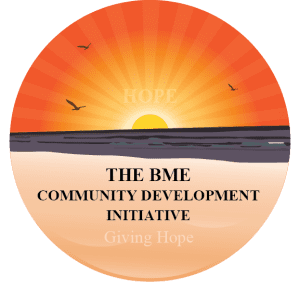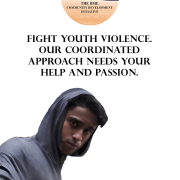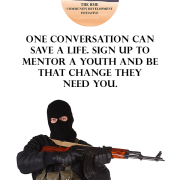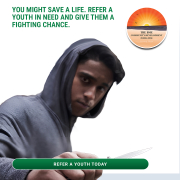Youth Violence Prevention: BME Mentors: Breaking the Bullying Cycle with Kindness
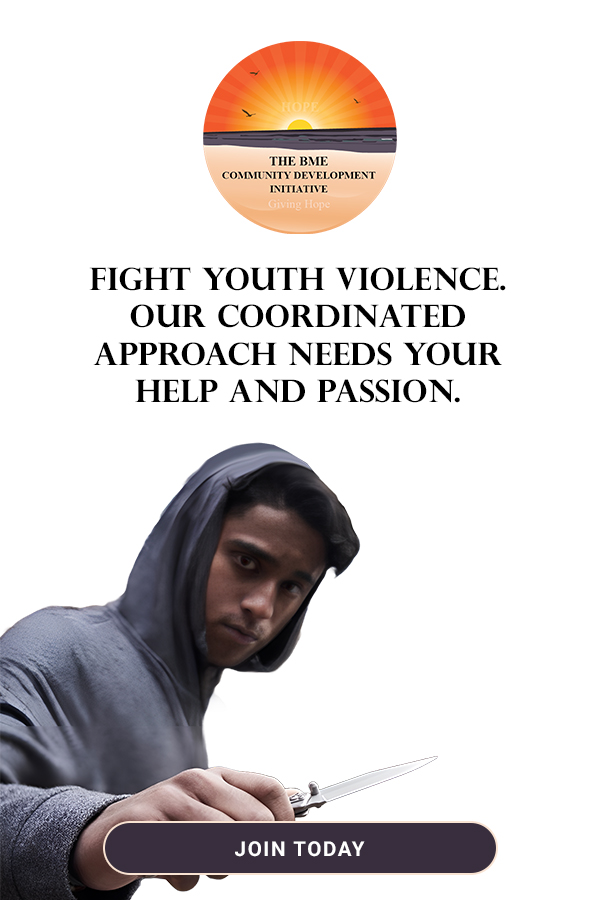
Axel walked into his new school and immediately noticed Brian, the notorious school bully, shoving a smaller boy against a locker. Instead of reacting with anger or fear, Axel approached Brian with a calm smile. He asked if everything was alright, treating Brian not as an enemy but as someone who might need a friend.
The surprise on Brian’s face was clear. Accustomed to hostility or avoidance from others, Brian was disarmed by Axel’s gentle tone. That day, Axel shared his lunch with Brian, listening to him rather than judging. It was a simple act of kindness, but it planted a seed.
Over the next week, Axel continued to greet Brian kindly and even included him in a pick-up basketball game after school. Other students were baffled. Why would anyone be nice to the bully? But Axel’s consistent compassion slowly chipped away at Brian’s tough exterior. One afternoon, when Axel found Brian sitting alone, he joined him and said, “Everyone has bad days. I’m here if you want to talk.” Brian, used to being seen as a villain, felt something unexpected: he felt valued.
In that moment, the bullying cycle began to break. Touched by Axel’s kindness, Brian started to reconsider his actions. He even apologised to the boy he had shoved, stunned that someone had shown him empathy instead of anger.
Kindness became the catalyst for change. Axel’s story shows that responding to cruelty with compassion can transform even the hardest hearts.
Key Takeaway: One small act of kindness can create a ripple effect, turning foes into friends and fostering a safer, more caring environment for everyone. Research supports this acts of kindness can boost happiness and reduce stress for both the giver and receiver. By choosing kindness, especially toward those who seem to least deserve it, we break cycles of aggression and build a community where everyone feels they belong.
:
